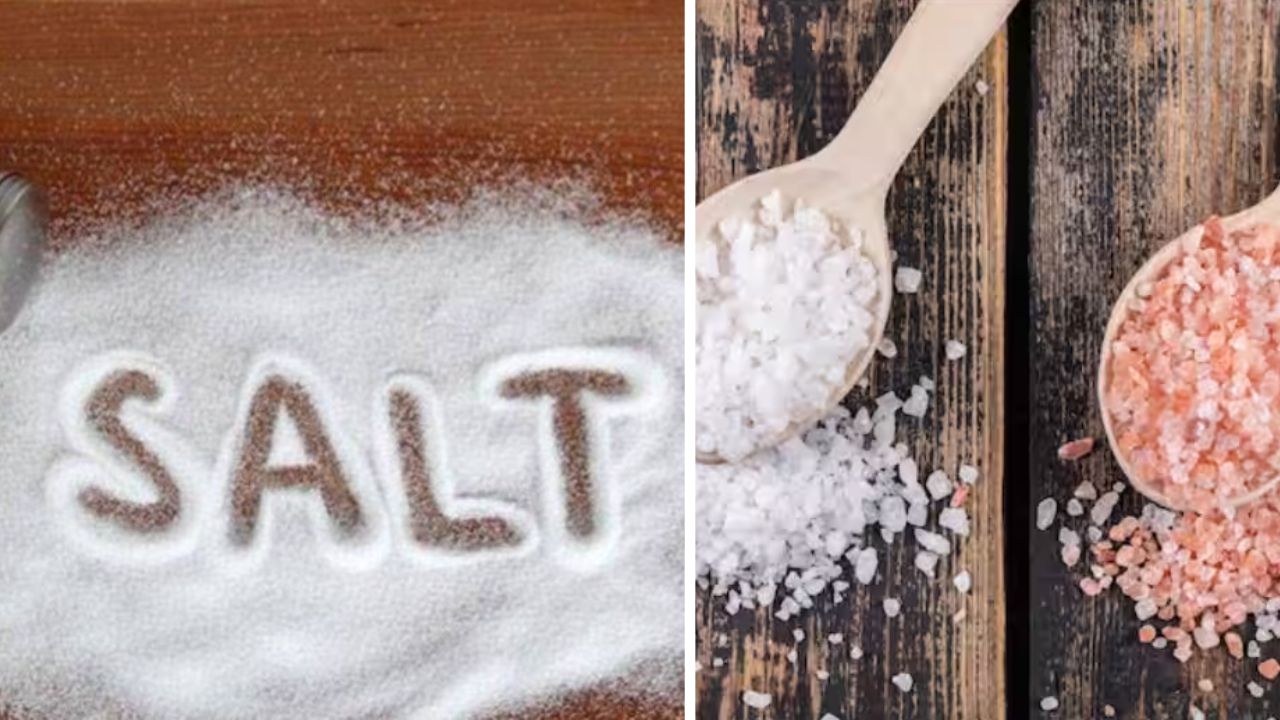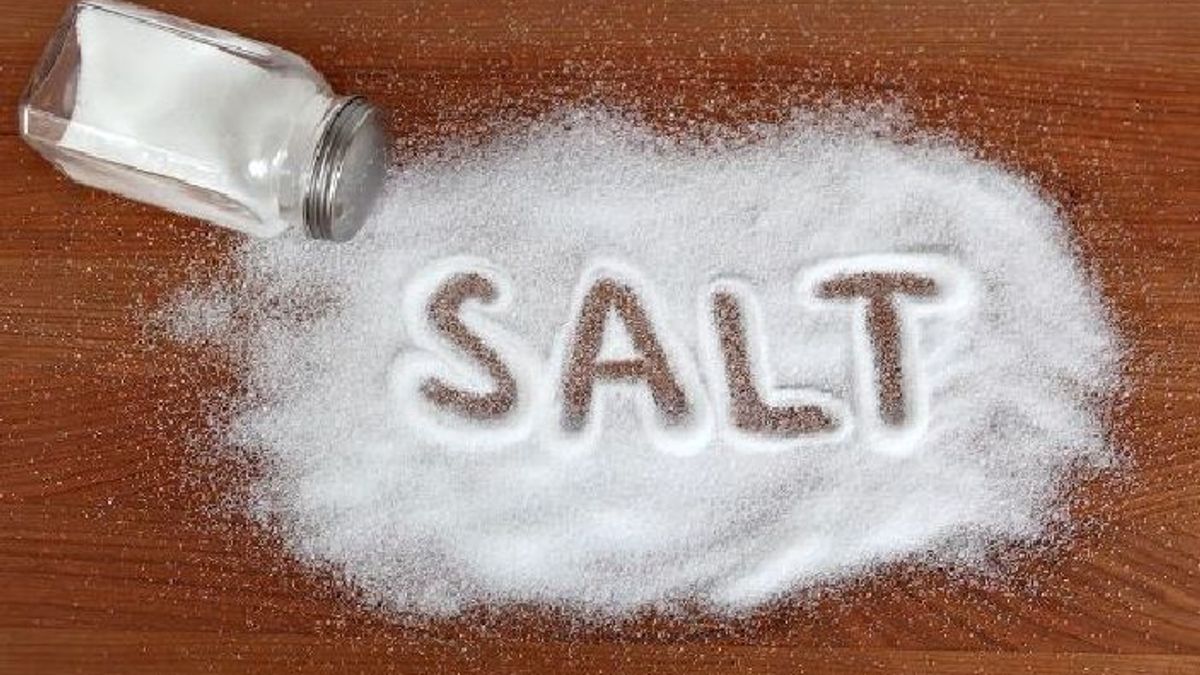Eating Less Salt Can Lead to Serious Diseases: Know How
You've likely heard about the problems associated with eating too much salt. But have you ever considered that consuming significantly less salt can also lead to serious health issues? While this wasn't originally part of our knowledge base, a report published by the National Library of Medicine (NLM) highlights this potential risk. According to this report, many people consume far less salt than necessary, which can be detrimental to their health. Even those who are fitness-conscious and mindful of their well-being should be aware of this. Navratri, a Hindu festival currently being celebrated in India, brings with it periods of fasting where many devotees abstain from consuming salt. While fasting is often considered a way to detoxify the body, a lack of salt can create challenges. Let's explore the potential dangers of completely eliminating salt from your diet.
Recommended Daily Salt Intake
Sodium, an essential component of salt, is a vital electrolyte for good health. High sodium intake can lead to high blood pressure, so it's crucial to consume it in moderation. The National Academy of Medicine recommends a daily sodium intake of less than 2,300 milligrams. However, consuming significantly less sodium can also be unhealthy, leading to various problems.
Increased Risk of Heart Diseases
Completely abstaining from salt throughout the day can lead to fluctuations in blood sugar levels. A study involving 152 individuals revealed that insulin resistance occurs when cells fail to respond properly to insulin signals, resulting in elevated blood sugar levels. Insulin resistance increases the risk of type 2 diabetes and heart diseases.
Increased Risk of Heart Attack and Stroke
While a low-salt diet can help manage blood pressure, high blood pressure isn't solely caused by it. One study indicated that consuming less than 2,000 milligrams of sodium daily increases the risk of death from cardiovascular diseases, including heart attacks and strokes.

How Does Heart Failure Risk Increase?
Heart failure occurs when the heart isn't able to pump enough blood to meet the body's oxygen and blood needs. While the heart doesn't completely stop functioning, it's a serious health concern. Research suggests that low-sodium diets increase the risk of death in patients with heart failure.
Issues with Cholesterol and Triglycerides
A 2012 study revealed that individuals consuming less salt have higher levels of renin, cholesterol, and triglycerides compared to those consuming normal amounts. Reducing sodium intake in healthy individuals can lead to a 4.6% increase in LDL (bad) cholesterol and a 5.9% increase in triglycerides.
Fatal for Diabetic Patients
Fasting can be detrimental for diabetic patients as sudden sodium deficiency increases the risk of heart attacks. Research indicates that low-sodium diets may increase the risk of death in individuals with type 1 and type 2 diabetes.
Increased Risk of Brain Swelling, Coma, and Seizures
Hyponatremia is a condition caused by low sodium levels in the blood. Reducing salt intake increases the risk of this condition. Symptoms include signs of dehydration. In severe cases, brain swelling can occur, leading to headaches, coma, seizures, and even death. Additionally, reduced salt intake may cause lethargy, nausea, and mental confusion, suggesting inflammation in the brain and heart. Your body needs adequate salt, especially during physical exertion. If you're concerned about high blood pressure and avoid salt, be aware that unnecessary salt deficiency can also lead to low blood pressure.
Note: The information above is based on publicly available information and societal beliefs. subkuz.com does not verify its accuracy. subkuz.com advises consulting a specialist before using any medication or treatment.







